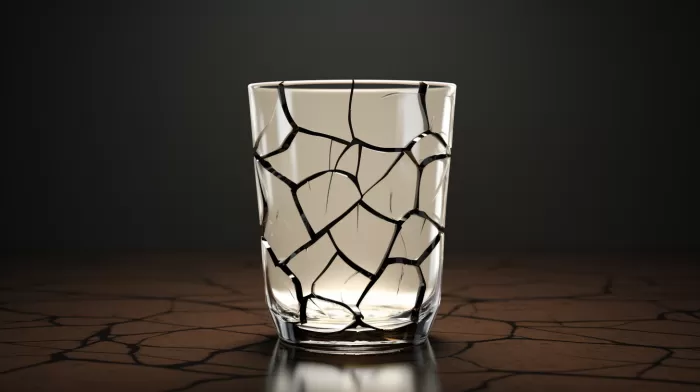Breaking a bone can be a painful and frustrating experience, especially when waiting for it to heal. For those who want to speed up their healing process, there is a simple and natural way: avoid drinking alcohol. Researchers at Loyola University Medical Center found that excessive alcohol consumption can impede bone healing, leading to a longer recovery time.
It’s worth noting that many bone fractures are related to alcohol in some way. Car accidents, falls, and other traumatic events that lead to bone fractures are often connected to alcohol consumption. So, not only can alcohol be a cause of the injury itself, but it can also negatively impact your recovery.
There are several reasons why alcohol affects the healing process of broken bones. In this article, we’ll discuss these reasons in detail, including how new bone formation is impacted, the link between alcohol and oxidative stress, and how alcohol interferes with the body’s natural response to injury.
New bone formation is slowed and weakened
When a bone is fractured, the body naturally begins to form new bone tissue at the site of the injury. This is an essential part of the healing process, as new bone tissue strengthens and stabilizes the fracture. However, excessive alcohol consumption can slow down this process.
The study conducted by Loyola University Medical Center found that new bone formation was not only slower in individuals who consumed excessive amounts of alcohol, but the new bone tissue was also weaker. This can lead to a prolonged healing process, as well as a higher risk of future fractures or complications.
Alcohol and oxidative stress
Oxidative stress occurs when the balance of antioxidants and free radicals in the body is disturbed. Free radicals are unstable molecules that can damage cells, leading to various health issues. Antioxidants help neutralize free radicals, maintaining a healthy balance in the body. When this balance is disrupted, it can affect a wide range of physiological functions, including bone formation and healing.
The relationship between alcohol and oxidative stress is significant. Consuming large quantities of alcohol can increase the number of free radicals in the body while depleting the antioxidants available to neutralize them. This imbalance can negatively impact the healing process of broken bones, making it more difficult for the body to repair and rebuild itself.
Alcohol interferes with the body’s stem cell recruitment
Bone healing is a complex process that involves several steps. One of these steps is the recruitment of immature stem cells to the site of the fracture. Once at the site, these stem cells differentiate into bone cells, which are necessary for the repair and growth of new bone tissue.
Two proteins, known as SDF-1 and OPN, are responsible for recruiting stem cells to the site of the injury. The study conducted by Loyola University Medical Center found that excessive alcohol consumption reduces the levels of OPN in the body, thereby impairing the recruitment process of stem cells. As a result, fewer stem cells arrive at the injury site, leading to a slower and less effective healing process.
Conclusion
The evidence is clear – if you want to speed up the healing process of a broken bone, it’s crucial to avoid alcohol. Excessive alcohol consumption has a negative impact on new bone formation, oxidative stress levels, and the body’s stem cell recruitment process, all of which play a significant role in repairing fractures.
By avoiding alcohol during your recovery period, you can give your body the best chance to heal effectively and efficiently. So, while waiting for your fracture to heal may still be challenging, steering clear of alcohol could make a noticeable difference in the speed and quality of your recovery.



